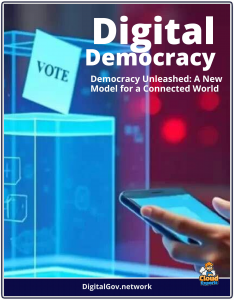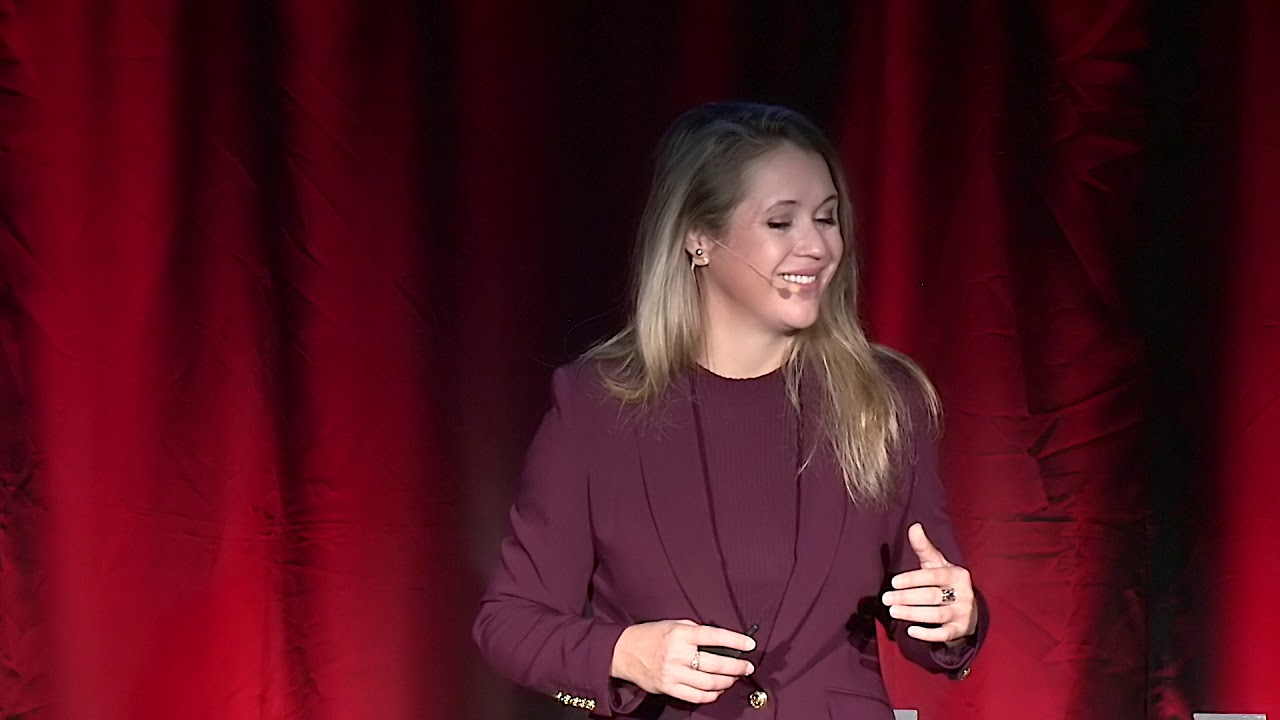 In the not-so-distant past, politics was a game of smoke-filled rooms, carefully crafted speeches, and gatekept media narratives.
In the not-so-distant past, politics was a game of smoke-filled rooms, carefully crafted speeches, and gatekept media narratives.
Then came the internet, ushering in Politics 2.0—a world of blogs, viral videos, and Obama’s 2008 campaign mastering the art of digital organizing.
But today, we’ve hurtled into Politics 3.0, a chaotic, hyper-connected arena where a 280-character tweet can topple reputations, rally millions, or even launch a memecoin from the Oval Office.
This is the era where platforms like Twitter (now X) don’t just amplify voices—they are the political battlefield, and the absurd spectacle of a U.S. President minting a cryptocurrency token encapsulates its essence.
The Twitter Crucible
Politics 3.0 is defined by immediacy and unfiltered access. Twitter’s real-time pulse has obliterated the traditional news cycle, replacing it with a relentless stream of takes, memes, and outrage. Politicians no longer need press secretaries to spin their message; they can fire off a tweet that reaches millions instantly. This democratization of discourse has empowered outsiders—think Alexandria Ocasio-Cortez’s viral clapbacks or Elon Musk’s meme-driven political provocations—but it’s also unleashed a Pandora’s box of misinformation, tribalism, and performative stances.
The platform’s algorithm rewards engagement, not truth, turning complex policy debates into gladiatorial soundbites. A 2024 study from MIT found that false information spreads six times faster than accurate content on Twitter, fueled by emotional triggers like anger or surprise. In Politics 3.0, nuance is a casualty, and attention is the currency. Leaders who master this—whether through wit, controversy, or absurdity—wield disproportionate influence.
The Memecoin Presidency
Nothing epitomizes this surreal new reality like a U.S. President launching a memecoin. Imagine it: a Commander-in-Chief, bypassing traditional economic policy levers, announces “PatriotCoin” in a late-night tweetstorm, complete with a Shiba Inu logo and promises of “financial freedom for the MAGA faithful.” Within hours, the token’s value skyrockets on decentralized exchanges, driven by frenzied retail investors and amplified by influencers on X. By morning, cable news is debating whether it’s a stroke of populist genius or a reckless stunt.
This isn’t just a hypothetical—it’s a logical extension of Politics 3.0’s fusion of spectacle, technology, and distrust in institutions. Memecoins, born from internet culture and blockchain’s promise of decentralization, thrive on the same viral energy as a viral tweet. Dogecoin’s 2021 moonshot, propelled by Musk’s tweets, showed how a joke can become a market mover. A President launching a memecoin would weaponize this dynamic, bypassing central banks and Wall Street to appeal directly to a disillusioned base.
But what does it mean when the leader of the free world plays pump-and-dump with a digital token? On one hand, it’s a masterclass in Politics 3.0 showmanship—leveraging meme culture to galvanize supporters and dominate the conversation. On the other, it’s a stark warning of eroded trust. A 2025 Pew Research poll found 68% of Americans believe traditional institutions—government, media, finance—are failing them. A memecoin presidency thrives in this vacuum, offering a middle finger to elites while promising (however fleetingly) to “stick it to the system.”
The Double-Edged Sword
Politics 3.0 is exhilarating and terrifying. Twitter has given a voice to the marginalized, from grassroots activists to dissidents in authoritarian regimes. It’s also amplified demagogues and conspiracy peddlers, from QAnon to election fraud narratives that fueled the January 6th Capitol riot. The platform’s role in shaping political reality is undeniable: a 2023 study by NYU linked Twitter activity to measurable shifts in voter sentiment during the 2022 midterms.
The memecoin presidency takes this to its absurd extreme, blurring the line between governance and performance art. It raises profound questions: Can a democracy function when attention trumps substance? What happens when a President’s economic policy is a blockchain gamble, subject to the whims of Reddit traders and crypto bros? And how do we regulate a political sphere where the rules of engagement are dictated by algorithms and meme wars?
Toward a New Equilibrium?
Politics 3.0 isn’t going away. Twitter’s successors—whether X or decentralized platforms like Mastodon—will continue to shape how power is won and wielded. The challenge is harnessing this energy without succumbing to its excesses. Some propose digital literacy campaigns to inoculate citizens against misinformation; others advocate for algorithmic transparency to curb engagement-driven polarization. Blockchain-based voting systems could even emerge, promising transparency but risking new vulnerabilities.
As for the memecoin presidency, it’s a symptom of a deeper malaise: a society craving authenticity and agency in a world of scripted leaders and opaque systems. The solution isn’t to ban tweets or tokens but to rebuild trust through tangible results—policies that address inequality, climate change, and technological disruption. Until then, expect more Presidents to play the meme game, knowing that in Politics 3.0, a viral moment can outshine a thousand policy briefs.
The Abyss Stares Back
In Politics 3.0, we’re all players in a high-stakes digital coliseum, where a tweet can spark a revolution or a market crash, and a President can moon a memecoin to millions of cheering followers. It’s a world of unprecedented possibility and peril, where the line between absurdity and authority vanishes. As we navigate this uncharted terrain, one question looms: Are we shaping this new politics, or is it shaping us? The answer, like the next viral tweet, is still loading.




